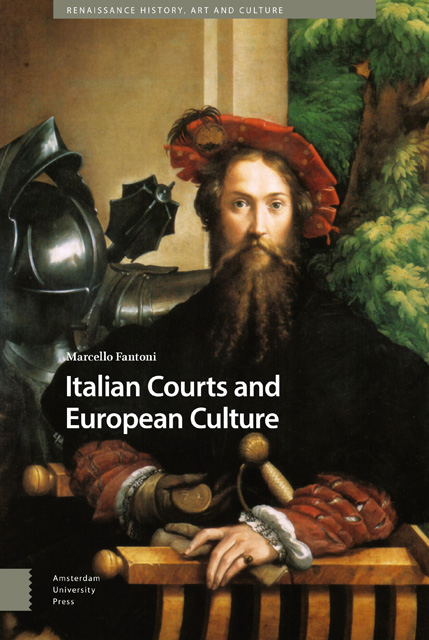3 - A World of Courts
Published online by Cambridge University Press: 10 January 2023
Summary
What Is the Court?
Which of these lords, tyrants, and princes whom we have encountered, and how many of them, initiated a court? It is hard to be exact, sometimes because of a lack of sources, but, more generally, because of an absence of precise criteria for defining what a court is. Certainly, not everyone had a court, and that, in turn, depended on various factors. In many, cases there were not the structural or circumstantial conditions for it. Sometimes, this depended on political instability. Sometimes, the conditions for constituting a courtier class were lacking, due to incomplete social training or the existence of hostile parties. One frequent cause was a dearth of economic resources. Sometimes, quite simply, the lord did not have the time to create a court, and often this was due to the impossibility of building a residence that was not a superficial restyling of the previous public palaces or clan residences.
This also shows us that size is not a reliable parameter for defining a court. Similarly, there is no direct relation between the greatness of a state and its court, and its territorial extension, which also has little to do with its standing. Despite their highly reduced domains, the Aleramici and Vitelli families undeniably had a court, at Piombino and Città di Castello, respectively. The same goes for the Cybo and Manfredi families at Massa and Faenza, and for the swarm of satellite micro-dynasties of the Gonzaga. And the court of the Marquises of Monferrato was also ‘important’ by virtue of their ties with the Byzantine dynasty of the Paleologo. In any case, almost all the Italian courts were courts of small states: the courts might be large or small, but the states were always small.
Instead of drawing on a prototype, we should proceed empirically. In some cases, there is no doubt: there was a court in Turin from 1563 to 1864, in Rome there had always been one since the popes installed themselves in the Lateran palaces, and the Norman kings certainly held court in Palermo. It is more arduous, however, to establish when the Este and Gonzaga families laid the foundations for a court or claim precisely what kind of court the Scaligeri set up in Verona.
- Type
- Chapter
- Information
- Italian Courts and European Culture , pp. 31 - 50Publisher: Amsterdam University PressPrint publication year: 2022

